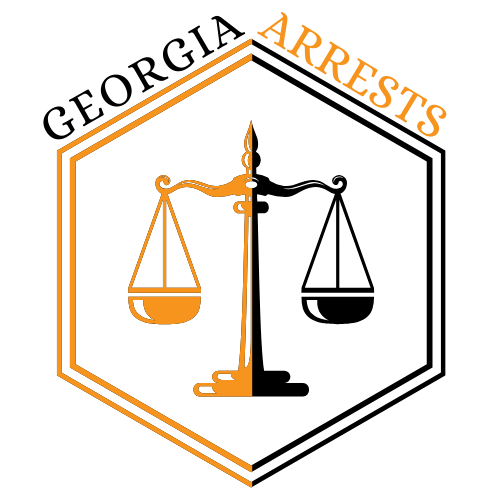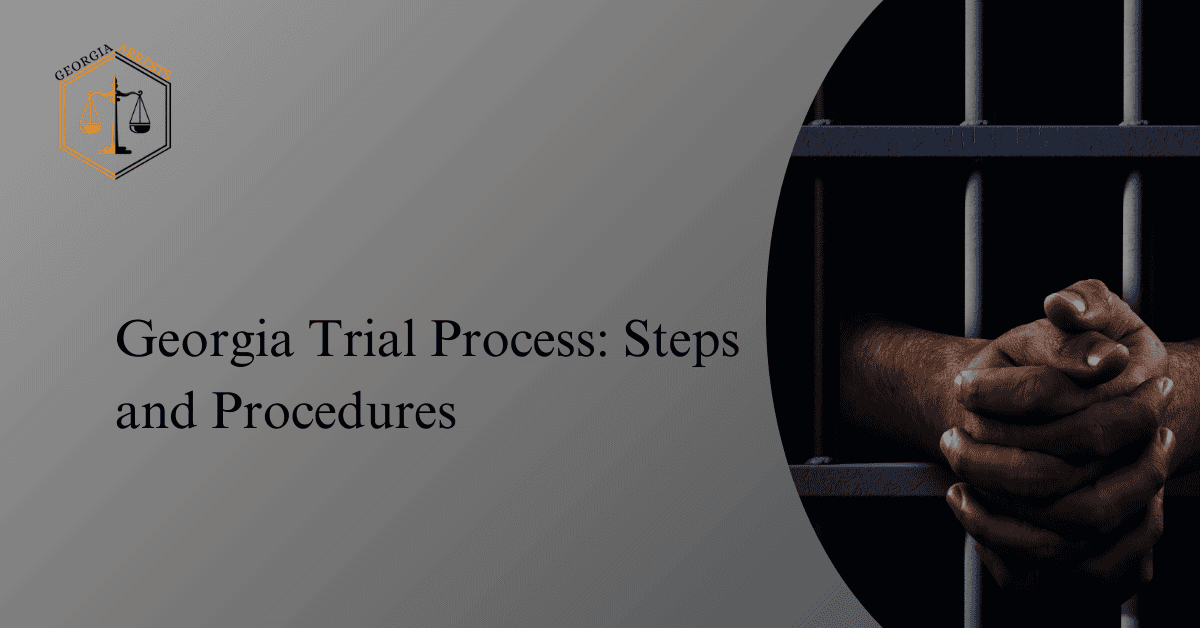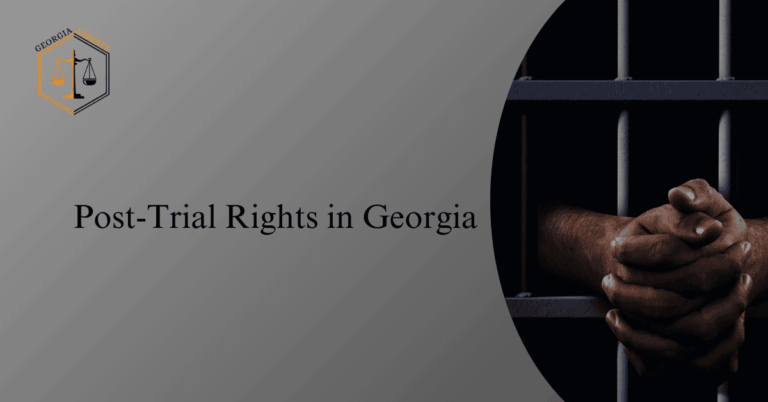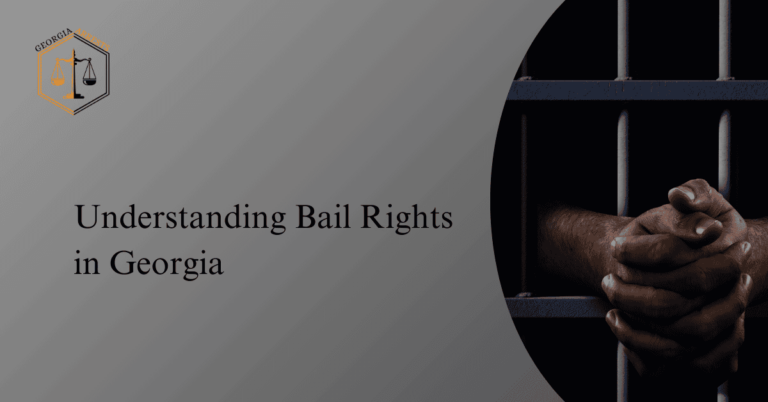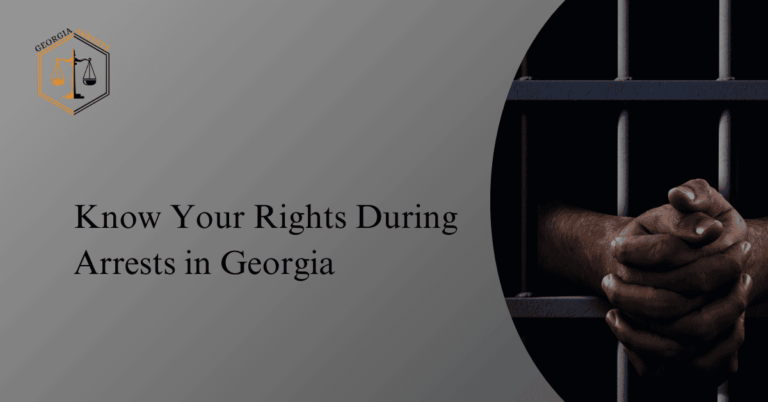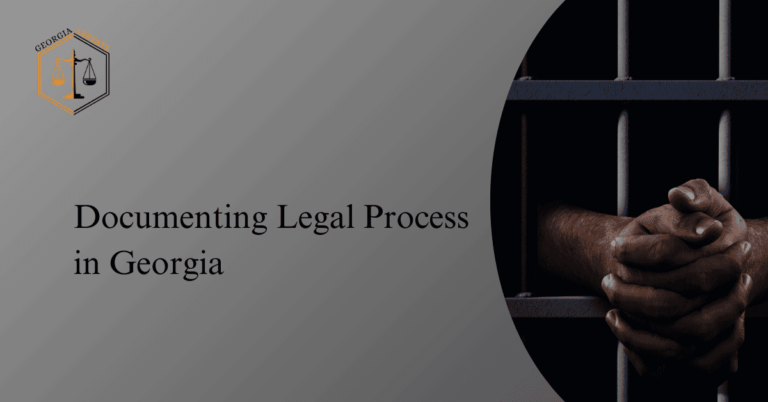Georgia Trial Process: Steps and Procedures
When it comes to the legal system in Georgia, understanding the trial process is essential. From the initial steps to the final procedures, navigating through a trial can be complex. Familiarizing yourself with the steps and procedures involved in the Georgia trial process is crucial for anyone involved in or curious about the legal system.
From jury selection to presenting evidence, each step in the Georgia trial process plays a significant role in determining the outcome of a case. Knowing the procedures and understanding the steps involved can help individuals feel more prepared and informed when facing legal matters in the state of Georgia.
Overview of Georgia Trial Process
When it comes to legal matters in Georgia, understanding the trial process is crucial. Trials are a key component of the legal system, where disputes are resolved and justice is served. Knowing the ins and outs of how trials work in Georgia can help individuals navigate the legal system more effectively.
Importance of Understanding Trial Procedures
Trial procedures in Georgia is essential for anyone involved in a legal dispute. Knowing how trials work can help individuals prepare their case, gather evidence, and present their arguments effectively. It can also ensure that their rights are protected throughout the legal process.
Initial Steps in the Georgia Trial Process
The Georgia trial process typically begins with the filing of a complaint or petition by the plaintiff. The defendant then has the opportunity to respond to the allegations. Pre-trial procedures such as discovery, where both parties exchange evidence, may also take place before the trial officially begins.
Jury Selection and Its Role in Trials
In Georgia trials, a jury is often selected to hear the case and determine the outcome. Jury selection is a crucial part of the trial process, as jurors must be impartial and unbiased. The selected jury will listen to the evidence presented during the trial and reach a verdict based on the facts of the case.
Presentation of Evidence in Georgia Trials
During a trial in Georgia, both parties have the opportunity to present evidence to support their arguments. Evidence can include documents, witness testimony, and expert opinions. The presentation of evidence is a critical part of the trial process, as it helps the jury make an informed decision.
Importance of Legal Representation in Trials
Hiring legal representation is essential for anyone involved in a trial in Georgia. An experienced attorney can provide guidance, support, and advocacy throughout the legal process. Legal representation can help individuals navigate complex legal procedures, protect their rights, and present a strong case in court.
Closing Arguments and Final Procedures
After all evidence has been presented, both parties have the opportunity to make closing arguments. Closing arguments summarize the key points of the case and persuade the jury to rule in their favor. Once closing arguments are complete, the jury will deliberate and reach a verdict.
Outcome Determination in Georgia Trials
After deliberation, the jury will reach a verdict in a Georgia trial. The verdict determines the outcome of the case and may result in a judgment for the plaintiff or the defendant. The outcome of a trial can have significant implications for all parties involved.
Implications of Georgia Trial Process on Legal Matters
The Georgia trial process has wide-ranging implications for legal matters in the state. Understanding how trials work can help individuals protect their rights, seek justice, and resolve disputes effectively. The outcome of a trial can impact legal matters for years to come.
Frequently Asked Questions
Our Frequently Asked Questions section aims to provide detailed information about the Georgia Trial Process: Steps and Procedures. Below are common queries answered comprehensively to enhance your understanding.
What is the Georgia Trial Process?
The Georgia Trial Process refers to the legal proceedings that take place in a court of law to resolve disputes or criminal charges. It involves several key steps that must be followed to ensure a fair and just outcome.
How does the Georgia Trial Process begin?
The Georgia Trial Process typically begins with the filing of a complaint, petition, or indictment, which outlines the legal claims or charges against a party. This initiates the formal legal proceedings that will unfold in court.
What are the different stages of the Georgia Trial Process?
The Georgia Trial Process consists of several stages, including pre-trial motions, jury selection, opening statements, witness testimony, cross-examination, closing arguments, jury instructions, and deliberation.
What rights do defendants have during the Georgia Trial Process?
Defendants in the Georgia Trial Process have the right to legal representation, the right to remain silent, the right to a fair and public trial, the right to confront witnesses, and the right to appeal a verdict.
How long does the Georgia Trial Process typically take?
The duration of the Georgia Trial Process can vary depending on the complexity of the case, the number of witnesses involved, and the court’s schedule. Generally, a trial can last anywhere from a few days to several weeks.
What happens after a verdict is reached in the Georgia Trial Process?
After a verdict is reached in the Georgia Trial Process, the court will issue a judgment or order that outlines the legal consequences of the decision. This may include sentencing for criminal cases or monetary damages for civil cases.
